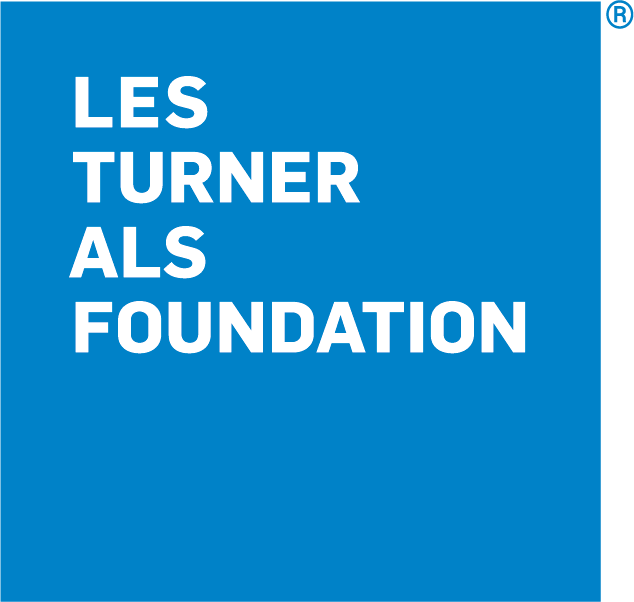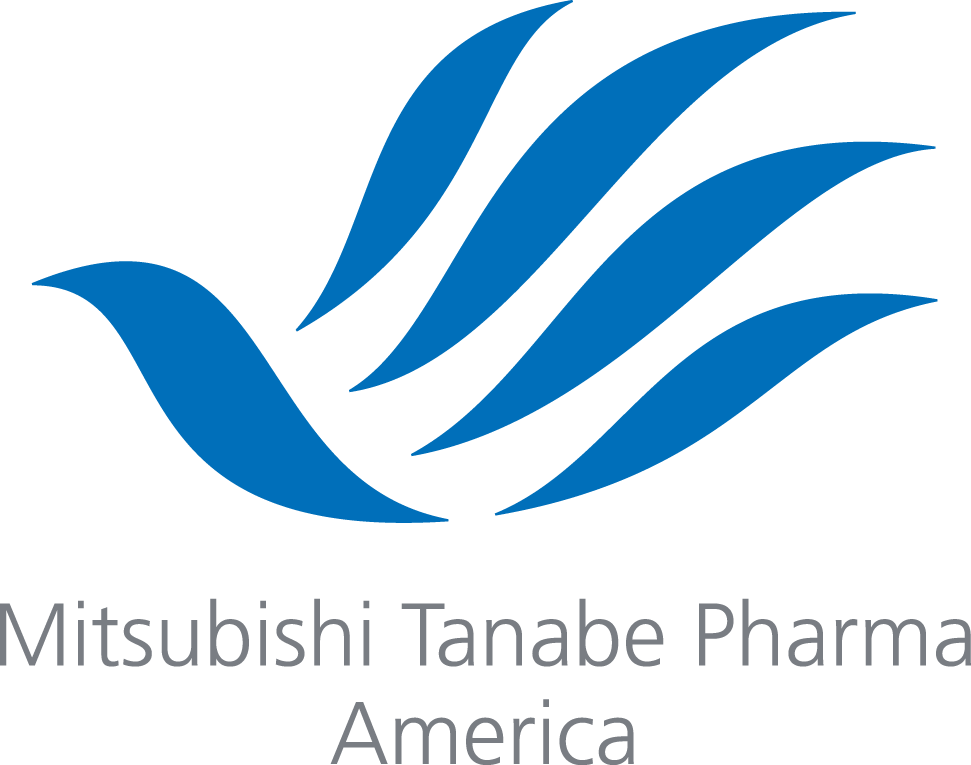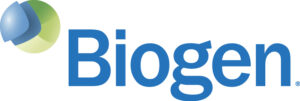Les Turner Symposium on ALS
Monday, Nov. 4, 2024
Click here to see videos from this year's symposium
Click to see photos from this year's event
Now in its 14th year, the Les Turner Symposium on ALS returned to Chicago this fall.
Leading ALS researchers, clinicians, advocates, and people living with ALS gathered to discuss the latest research and perspectives on ALS.
The symposium stands as an opportunity to ask questions, share insights, and engage with people striving to deliver the best possible ALS care.
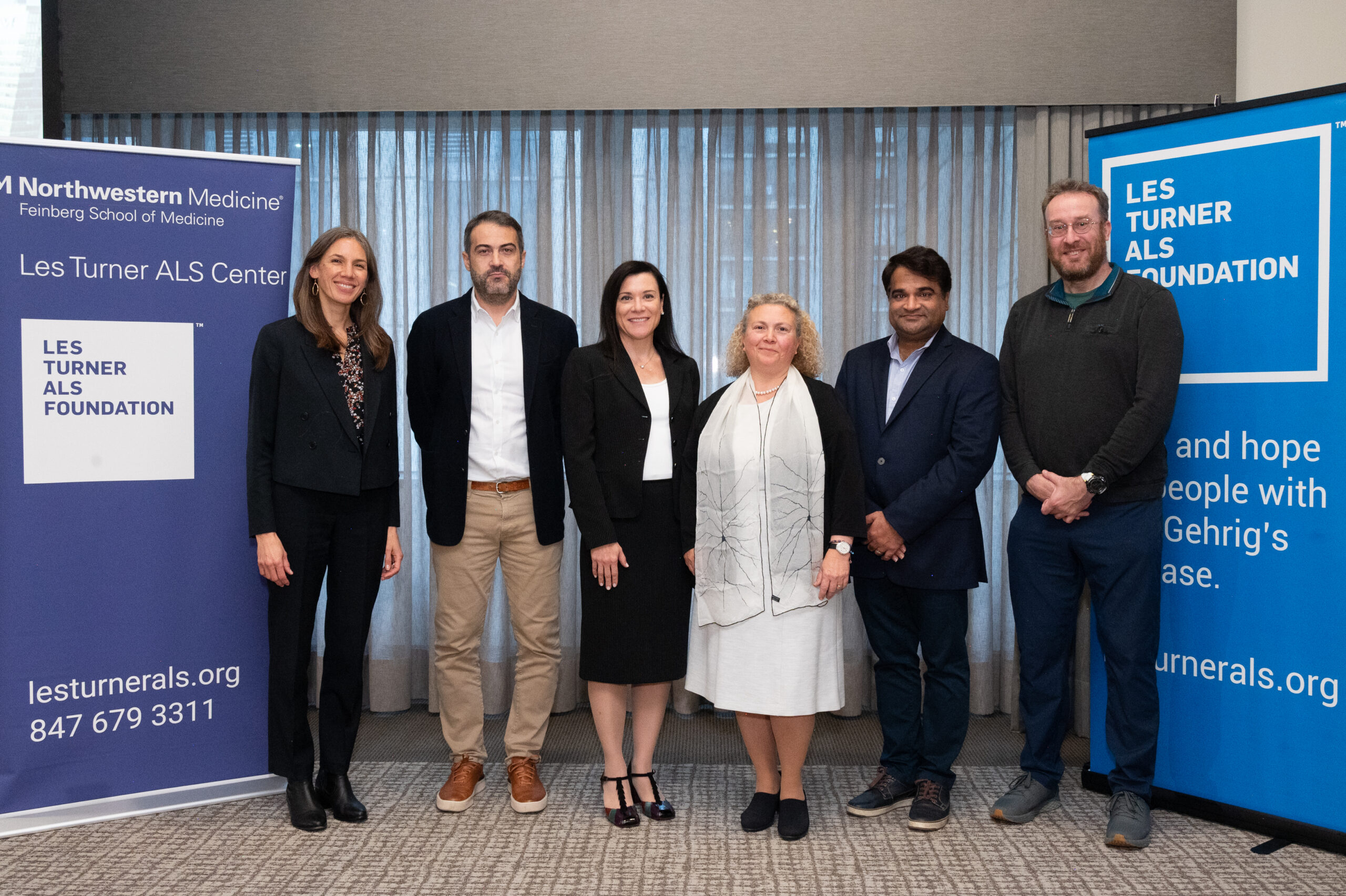
Share this Page
About our Speakers
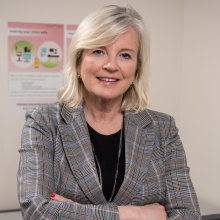
Keynote Speaker : Angela Genge, MD, FRCP(C)
Advances in ALS Clinical Trial Outcome Measures
These are exciting times for ALS Drug Discovery with numerous active clinical trials and many on the way. In my talk I will introduce the current therapy options and the new developing technologies. One of the key hurdles in clinical trials is the determination of proper "outcome measures", which I will also discuss in detail.
Angela Genge, MD, is internationally recognized for her work in clinical trial design and development for rare neurological conditions, with an emphasis on ALS/MND. She has served as director of the ALS Global Center of Excellence and ALS Clinic at the Montreal Neurological Institute and Hospital since 1998. In 2023 she stepped down from her twenty-year tenure as executive director of the Institute’s clinical research unit, where, under her direction, it evolved into the most active neuroscience unit in the country, conducting over 100 clinical trials from Phase 1 to Phase 4. She developed a Phase 1 unit dedicated to neurological diseases, the ALS Global Center of Excellence, and ACCESS ALS, all of which fuel the drug discovery pipeline and accelerate the development of new therapies for rare and terminal neurological diseases. Angela serves as the global principal investigator for AL-S Pharma, as well as sits on numerous advisory boards and data and safety monitoring boards. She previously served as a distinguished clinical investigator for Novartis Global.
Angela advocates tirelessly for therapeutic innovation in neuroscience and access to therapeutics for the rare disease community. Throughout her career, she has received awards in recognition of her exceptional care and management of ALS studies and patients including being named the first international recipient of the 2023 Wings Over Wallstreet Diamond Award, the 2018 Forbes Norris Award, the DIVA of Distinction Award, the YMCA Woman of the Year Award, and the Governor General Diamond Jubilee Award. She completed her medical degree at Memorial University of Newfoundland and earned a B.Sc. from Dalhousie University. A fellow of the Royal College of Physicians and Surgeons (Canada), Angela completed her Canadian and American certifications in internal medicine and neurology at McGill University prior to completing a fellowship in neuromuscular diseases at the Montreal Neurological Institute.
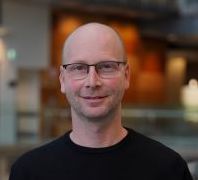
Pietro Fratta, MD
Cryptic Splicing: From Foe to Friend in Tackling Amyotrophic Lateral Sclerosis
My lab studies the cellular and molecular mechanisms that regulate TDP-43, a major pathological hallmark of ALS and an important therapeutic target. Using in vitro model systems, we identified a major role for RNA in regulating TDP-43 localization, and now seek to apply that knowledge to better understand TDP-43 mislocalization in ALS and test candidate therapeutic approaches.
TDP-43 is an important protein in ALS as it is found to aggregate and form clumps in patient neurons. This happens in virtually all cases of ALS, other than some specific genetic forms of disease. When TDP-43 aggregates, the processing of RNA within the cell is altered and mistakes – called “cryptic exons” – are introduced. Thise talks will discuss how we can target cryptic exons for therapeutic purposes and how we can actually use these to our advantage to create safer therapies for ALS.
Pietro Fratta, MD, is a professor of cellular and molecular neuroscience at the UCL Queen Square Institute of Neurology and the Francis Crick Institute. His research centers on motor neuron diseases and RNA biology. His laboratory uses sequencing and visualization tools to understand disease mechanisms in patient derived tissue, iPS cells, and mouse models.
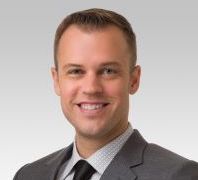
David Gate, PhD
Immune System Alteration in ALS
This presentation will discuss the relationship between the immune system and ALS. Dr. Gate will detail findings on the peripheral immune system of the blood of ALS patients. He will also describe immune cells in the spinal cord of ALS patients.
David Gate, PhD, is a genomicist with a background in neuroimmunology. Dr. Gate’s work focuses on the intersection of the brain and immune system in ALS. His laboratory employs multi-omics strategies to interpret immune system changes related to ALS. His group is particularly interested in the interplay between neurons and inflammatory immune cells.
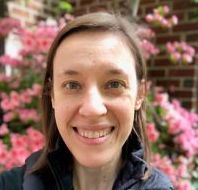
Lindsey Hayes, MD, PhD
RNA-Based Regulation of TDP-43 Nuclear Localization
My lab studies the cellular and molecular mechanisms that regulate TDP-43, a major pathological hallmark of ALS and an important therapeutic target. Using in vitro model systems, we identified a major role for RNA in regulating TDP-43 localization, and now seek to apply that knowledge to better understand TDP-43 mislocalization in ALS and test candidate therapeutic approaches.
Lindsey Hayes, MD, PhD, is an associate professor of neurology at the Johns Hopkins University School of Medicine and Brain Science Institute. She is a physician-scientist who specializes in neuromuscular disorders including ALS. Her laboratory studies the disruption of RNA and protein trafficking in neurodegeneration with a focus on TDP-43. Her laboratory employs cellular and molecular techniques to analyze mechanisms that regulate TDP-43 localization and function, to inform understanding of disease mechanisms and as a platform for preclinical therapy development.
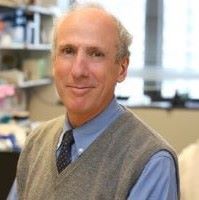
Robert G. Kalb, MD
Targeting the Ubiquitin-Proteasome System in Neurodegenerative Diseases
Many neurodegenerative diseases show a buildup of proteins tagged with ubiquitin when examined after death, which indicates a problem with the body’s ability to manage proteins. Reducing the amount of these misfolded proteins in cells can be beneficial. Using genetic screening, we've identified parts of the protein disposal system that regulate these misfolded proteins, offering new potential treatment options.
Robert G. Kalb, MD, is the Joan and Paul Rubschlager Professor, Chief of the Division of Neuromuscular Medicine, and Director of the Les Turner ALS Center at Northwestern Medicine. His laboratory studies the basic mechanisms underpinning ALS using genetically engineered mice, primary neuron culture, c.elegans, and yeast disease models. His work has focused on the fundamental molecular processes that go awry during disease. Dr. Kalb’s group discovered that derangement of energy metabolism is a key contributor to neuronal death in models of ALS. The Kalb Lab is passionately committed to bending the arc of disease and finding a cure for ALS through innovative and collaborative research.
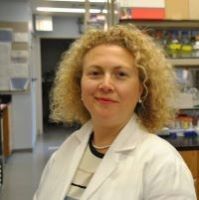
Hande Özdinler, PhD
TDP-43 Pathology in the ALS Motor Cortex
Hande Özdinler, PhD, is an associate professor of neurology (neuromuscular disease) at the Northwestern University Feinberg School of Medicine. She is a faculty member at the Les Turner ALS Center, Mesulam Center for Cognitive Neurology and Alzheimer’s Disease, Robert H. Lurie Comprehensive Cancer Research Center, and Chemistry of Life Processes Institute at Northwestern University. Dr. Ozdinler’s research aims to understand the cellular and molecular mechanisms responsible for selective vulnerability and progressive degeneration, with special interest in upper motor neurons. The Özdinler lab is currently working towards developing drug discovery platforms that incorporate upper motor neuron health as a read-out, and towards the identification of target engagement and pharmacokinetic biomarkers that can be utilized in the upcoming clinical trials, including patients with upper motor neuron loss.
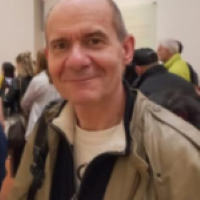
Marco Martina, MD, PhD
Cell Type-Specific Alterations of Cortical Excitability in a Model of Familial ALS
In both inherited and non-inherited forms of ALS, motor cortex hyperexcitability has been detected. This indicates its key role in the disease, although the underlying mechanisms are still unclear. We studied Alsin-KO mice, a well-known model for juvenile cases of ALS, to explore how different neurons in the motor cortex behave electrically at an early stage, before symptoms appear.
Marco Martina, MD, PhD, is a professor of neuroscience at the Northwestern University Feinberg School of Medicine and has investigated the functional and pharmacological properties of ion channels for nearly 25 years. In particular, his expertise concerns the impact of individual ion channel types on action potential generation and propagation, the role of dendrites in synaptic integration, and the properties and modulation of GABAA currents.
The main focus of the Martina laboratory is to determine how alterations in intrinsic and synaptic neuronal properties affect the function of brain networks in different disease conditions, including chronic pain and degenerative diseases like ataxia and ALS.
Dr. Martina has also contributed to the first characterization of the cellular pathology of corticospinal motor neuron in an alsin knockout mouse, a rodent model of genetic ALS, and to the characterization of the electrophysiological dysfunction of upper motor neurons of SODG93A mice.
Clinical Conversations Panel
Join us for an engaging afternoon discussion on the latest in ALS care and clinical research, from the perspectives of a clinician and people with lived experiences of ALS. By uniting the expertise of specialists in fields like pulmonology, nutrition, and social work, multidisciplinary care is making a difference in the quality of life and health of people living with ALS and their caregivers.
The Lois Insolia ALS Clinic at the Les Turner ALS Center at Northwestern Medicine has a comprehensive multidisciplinary team and is actively involved in multi-center drug trials and other clinical research. In this panel, you’ll learn how clinicians and people with lived experience of ALS are shaping the future of multidisciplinary care, research, and community support. There will also be opportunities to ask questions about the latest advancements in these fields.
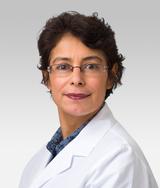
Dr. Senda Ajroud-Driss
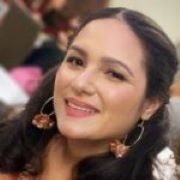
Melissa Diaz-Viera, LCSW
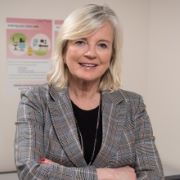
Angela Genge, MD, FRCP(C)
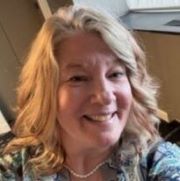
Kelly Goodman
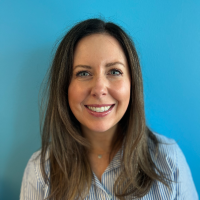
Moderator: Moderator: Anne Marie Doyle, M.A., CCC-SLP
Anne Marie serves as the Community Education Manager at the Foundation. Anne Marie earned a Bachelor’s degree in Communication Sciences & Disorders from Saint Xavier University followed by a Master’s Degree in Speech & Hearing Sciences from the University of Illinois Urbana-Champaign. For the last 13 years she worked as a speech-language pathologist at Shirley Ryan AbilityLab serving both the inpatient and outpatient populations with a specialty in adult neurological conditions.
Since 2015, Anne Marie worked directly with people living with ALS initially providing traditional voice and swallowing therapy, and more recently, focusing on Augmentative & Alternative Communication (AAC). She maintains a membership with the American Speech-Language & Hearing Association, as well as participates in their Special Interest Group for AAC. She has lectured at both the state and national level, as well as participated in clinical research. Anne Marie resides in Chicago with her husband and dog. She is humbled and honored to be joining the Foundation to continue to directly serve those with ALS, their families, and their caregivers.
